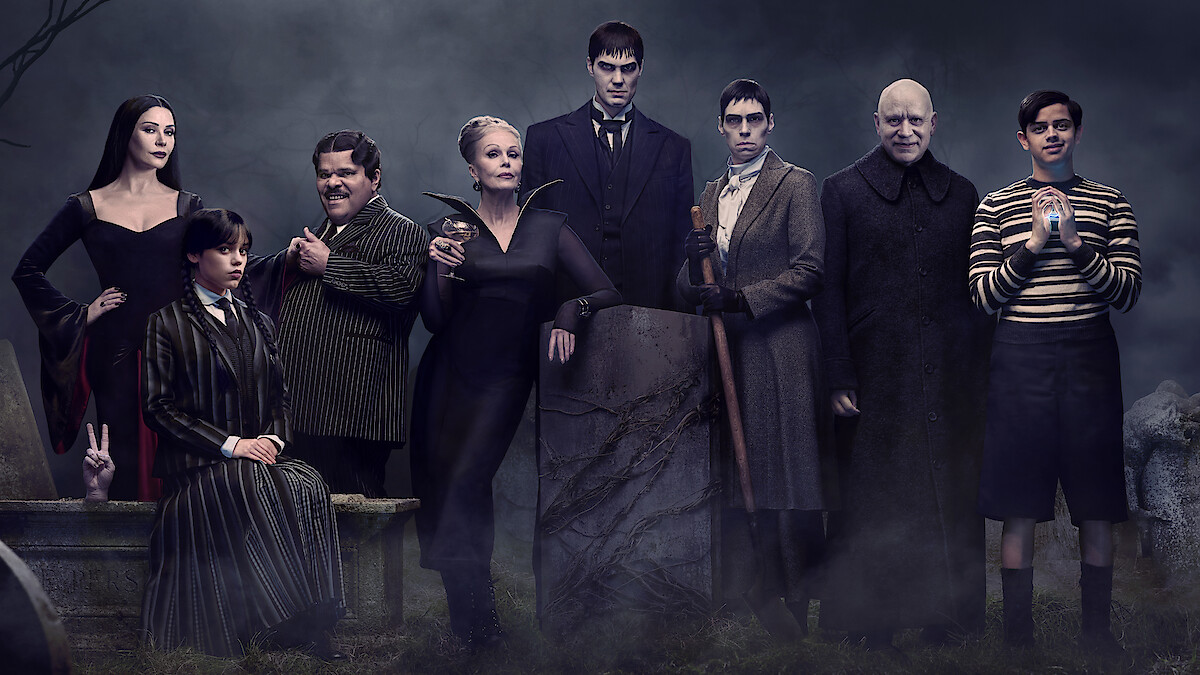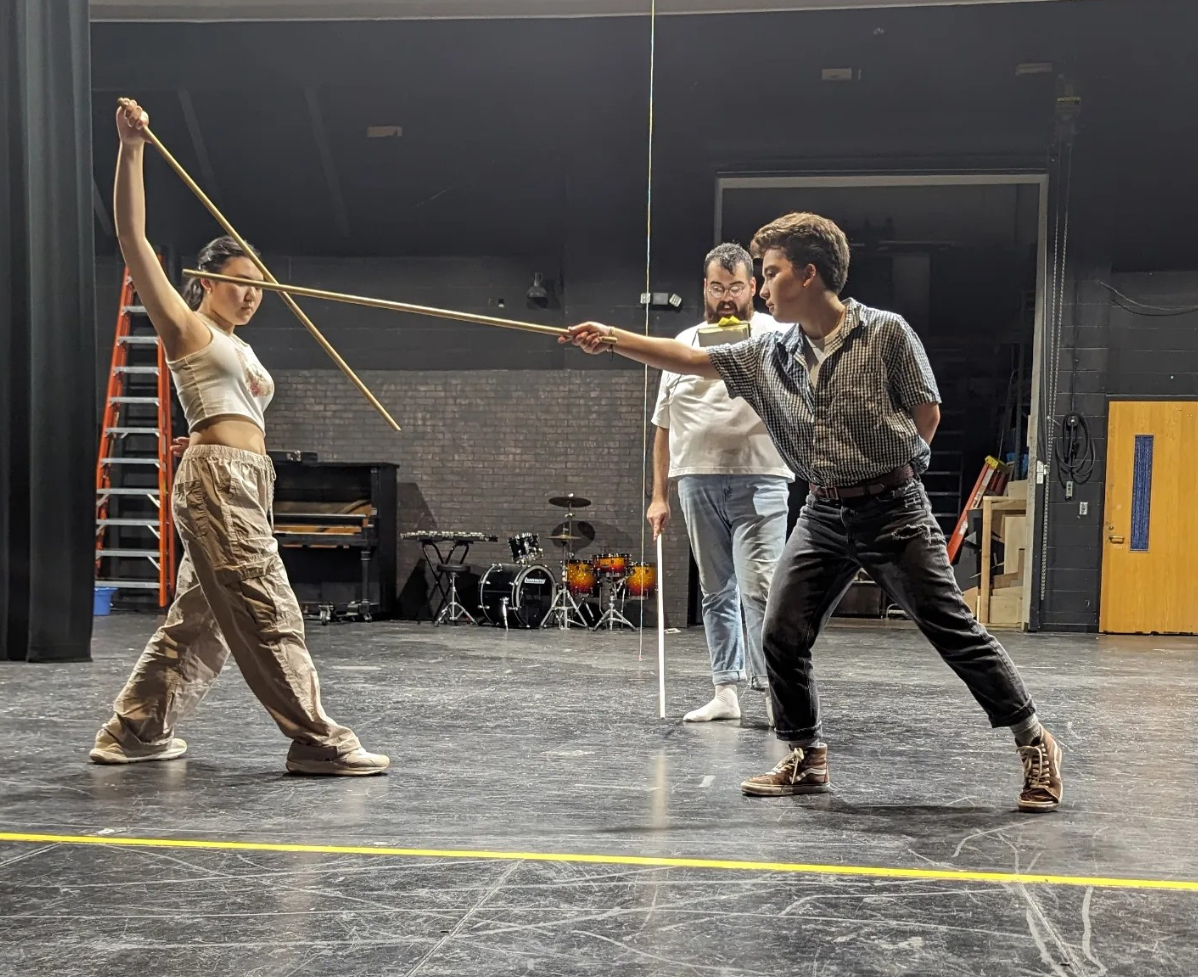In November, the Drama Club put on the production of Hamlet, a tragedy written by William Shakespeare. The play revolves around the prince of Denmark, Hamlet, and unfolds as a complex story about betrayal and revenge. Hamlet is the longest play Shakespeare ever wrote, lasting around two hours when performed. The production featured powerful performances and was an immersive experience.
The play starts with King Hamlet appearing to his son, Prince Hamlet, as an apparition. This ghost reveals that he was murdered by Claudius, who assumed the throne and married Hamlet’s mother, Queen Gertrude. After learning this, Hamlet becomes determined to avenge his father’s death. The play dives deep into the psyche of Hamlet, as well as his love interest, Ophelia, who undergoes her tragic descent into madness, causing her to kill herself. The final act culminates in a fatal fencing match, which leads to confusion about the royal Danish family.
The cast of “Hamlet” was also stellar. Grace Kim, who took on the complex role of Hamlet, showed a fantastic ability to convey the complicated emotions of the character. She masterfully displays Hamlet’s internal conflicts, which shows how well she understands the nuances of Hamlet’s character. Hamlet’s closest friend, Horatio, was portrayed by Brogen Kapela. Kapela brought a genuine sense of emotion and patience to Horatio. He shows unwavering loyalty and support to Hamlet, which defines the relationship between the two. Jason Dement, portraying Hamlet’s uncle, Claudius, becomes the new king after he kills Hamlet’s father. Dement delivered a powerful portrayal of Claudius’s true motives and selfishness, adding to the motif of power and corruption. Italia Kolar’s portrayal of Ophelia’s fall into madness was superb. Her emotional depth and vulnerability aided her performance by allowing her to reveal the complexities of Ophelia, which brought the audience to Ophelia’s terrible mental decline.
Senior Gerald (Jers) Plunkett, shared his perspective on the recent play. “I primarily went because my friend, Brogen Kapela, was in the play.” Kapela, embodying the role of Horatio, revealed his favorite aspect of the production, which was the layers of the text and bringing the emotional complexity of Horatio to life in front of a live audience. However, he couldn’t help but voice a desire for a change. “I wish Ophelia’s tragic demise had been presented on stage rather than off as Ophelia is such a complex character and it would’ve been nice to see that.” This sentiment adds a nuanced touch to their reflections on the play, showcasing the audience’s and cast’s diverse perspectives and experiences.
One of the best aspects of the play was the choreography production; the fight scenes were impressive and added a different dimension to the play. The exaggerated movements made it so that the audience could better see what was happening, making the moment more intense. The set design was also really well done. It was minimal, but was used innovatively. The simplicity of it allowed for a diverse range of scenes, which helped the scenes transition smoothly. However, one minor critique is that costume design of the ghost could have been improved. While the other costumes were well crafted, the ghost’s costume looked more bulky, detracting from the ghastly presence it was supposed to portray.
HHS’s production of Hamlet is great for anyone who likes psychology or is intrigued by the human condition. The play explores Hamlet’s internal psyche and the complexities of his character. The psychological nuances, moral dilemmas and emotional intricacies of Hamlet provide a good experience for those interested in psychology. Individuals who don’t enjoy the old-timey language and prefer more fluffy books may enjoy watching a different play. Shakespeare’s archaic language can hinder those who want more modern diction. So, even though it has good themes, it might not be the ideal choice for those who prefer their literature to be more easily understandable. I’d give the play an A-, as it is a timeless classic, but it can sometimes be rough to understand.



























